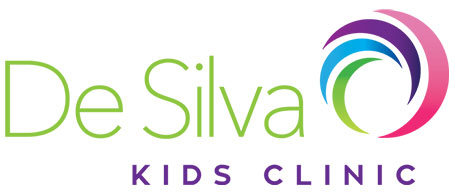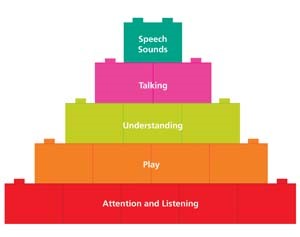Why are attention and listening skills so important?
Listening skills are the foundation block for communication development and learning. Whether it’s school work or therapy work your child needs to be able to focus on the work in order to make progress.
Common signs that your child may have difficulties with attention and listening:
- Frequently becoming distracted by irrelevant sights and sounds
- Not replying to simple questions which you know they understand
- Lots of fidgeting and moving around
- Frequently losing or forgetting things like toys or pencils
- Kinder or school frequently reporting that your child ‘doesn’t listen’
- Switching between games and toys faster than other children of their age
How to support children who have difficulties with their attention and listening skills:
- Ensure that their working environment is quiet and as free from visual distractors as possible e.g. turn the TV off and move away from their toys
- Make sure that you are speaking at a volume which they can hear easily
- Ensure that they are sitting facing you so they can see your face
- Say their name and wait for them to look at you before asking them a question
- Carrying out work activities in short bursts. This could be as short as 3 minutes depending on the age of the child
- Providing regular movement breaks
- Use a ‘now and next’ board with a reward to motivate them to focus on the task at hand
- Try to work with them as early as possible in the day- everyone’s attention becomes worse when they’re tired
- Speak to OT about giving the child a fiddle toy so they have something to play with whilst working, if appropriate
- Instruct teachers to sit your child at the front of the classroom, not facing any windows
If you have trialed lots of the strategies over several weeks however you are not seeing any improvements get in touch with a Speech Pathologist and they can see if there is a different underlying difficulty that is causing the difficulty. We are available and happy to chat to you at any time! Give us a call on 8418 8544 and speak to a speech pathologist about what’s concerning you.
Written by Philippa Brown, Speech Pathologist.


